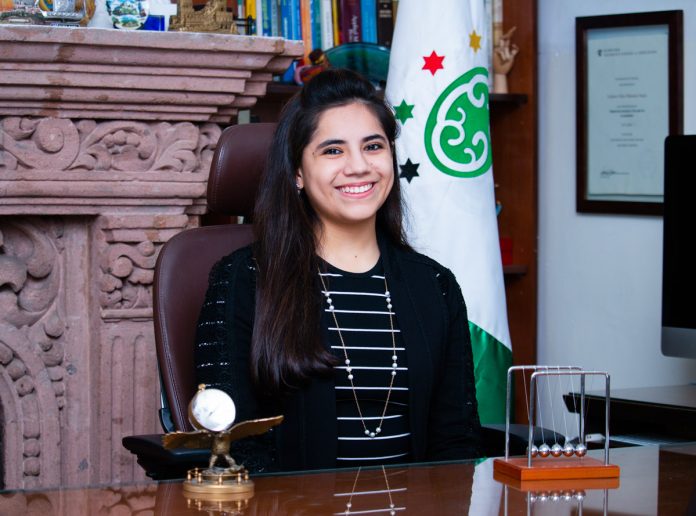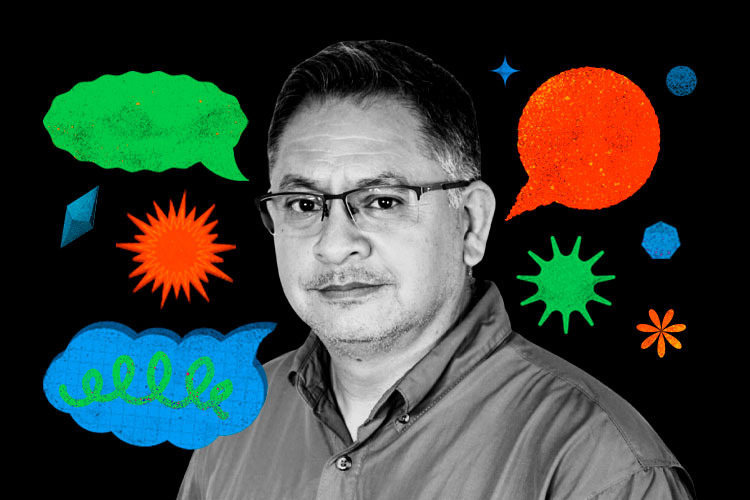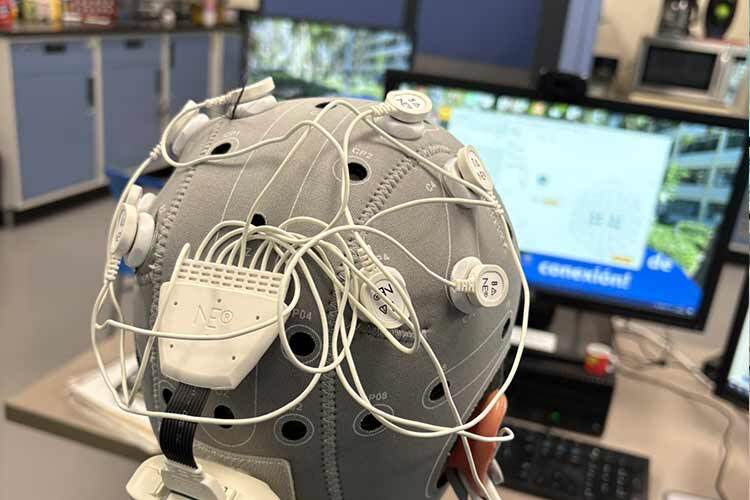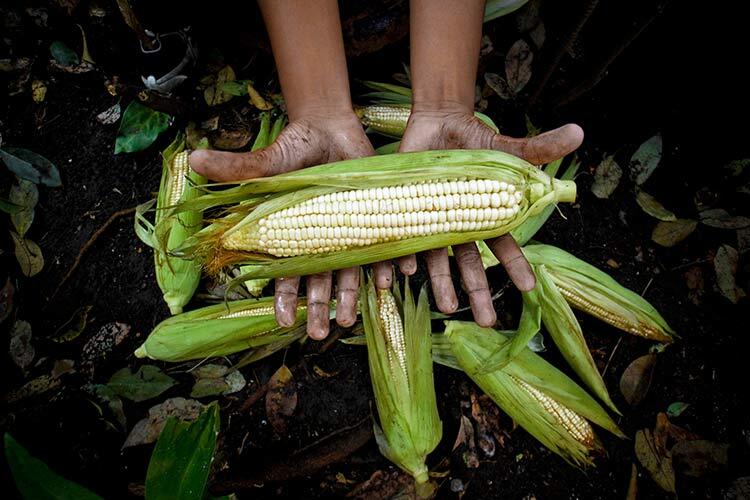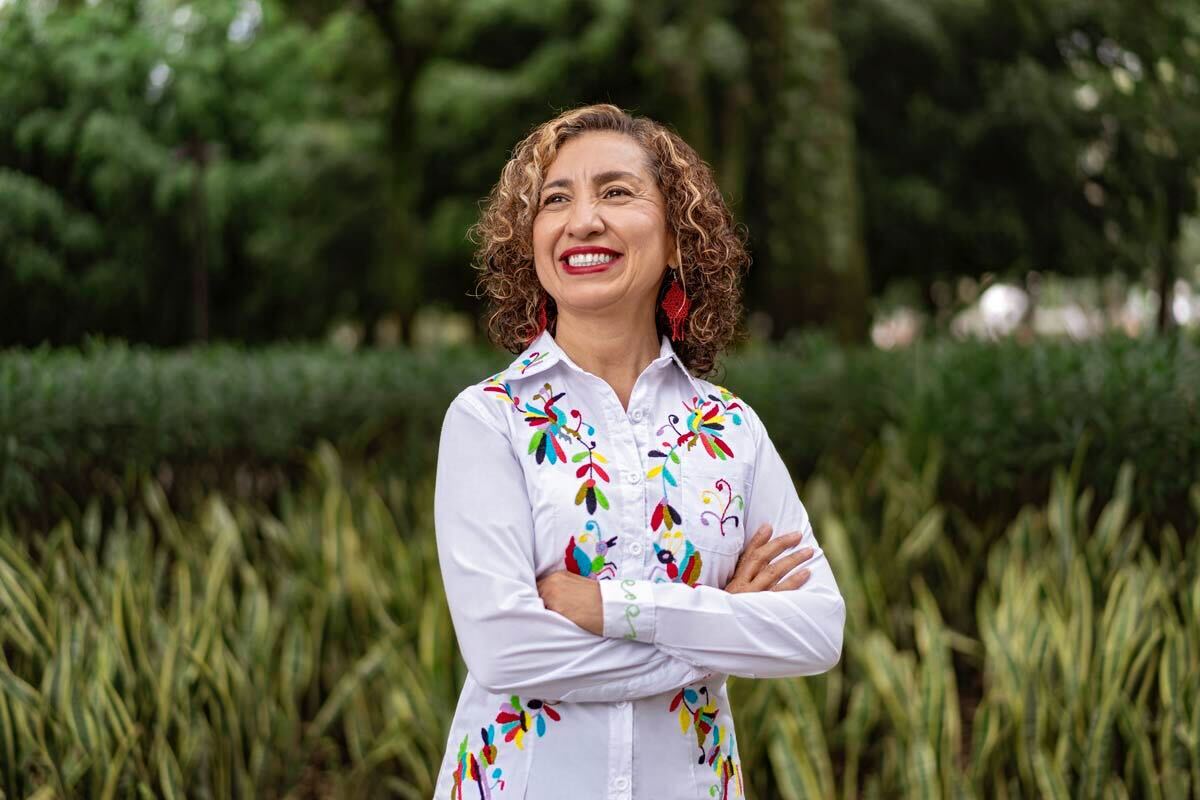Dafne Almazán’s parents suspected that their daughter was gifted because she learned to read and write without any help.
At the end of May, along with thousands of other students who had to finish their studies online due to the crisis caused by SARS-CoV-2, Dafne became the youngest Mexican (at 18) to hold a master’s degree in Mathematics for Teaching from Harvard University, considered one of the best institutions worldwide.
Her accelerated academic studies began when she was eight years old, after her parents gave her IQ tests. At that age, they decided to enrol her in high school.
At the age of 13, she began her degree in Psychology at Tecnológico de Monterrey; at age 17, she was accepted into Harvard to pursue a master’s degree in Mathematics for Teaching.
Now, she is the youngest Mexican to graduate with a master’s degree from that prestigious school in the United States.
The Harvard gifted children
In an interview with TecScience, she said that she liked comics, especially the X-Men, because she felt she could identify with them. Now she wants to use her special abilities to help her country.
“When I was young, I really liked the X-Men, because that’s how I felt. They were different and they didn’t decide to be born like that, but they used their abilities for the common good. I feel that it’s the same with gifted children. We can use that intelligence to move Mexico forward,” she says.
The World Health Organization (WHO) defines intellectual giftedness as an intelligence equivalent to an IQ of higher than 130 points, above the average of 100 points.
Mexico has a million children in this range, according to figures from the Department of Psychology at the Center for Attention to Talent (Centro de Atención al Talento, CEDAT).
It is estimated that 93% of gifted children in the country were misdiagnosed when they were mistaken for having Attention Deficit Hyperactivity Disorder (ADHD), Asperger’s, or Autism.
The road from Tec to Harvard
How difficult was it for you to integrate yourself at school?
I had to face several obstacles because I was eight years old when I entered high school. Several teachers treated me very well and supported me. That was how I was able to make progress. In high school, I was hardly with my classmates because I had more specialized classes. My sister, who was already going to finish high school, came back to be with me and I had her as a classmate.
I studied at Harvard in person and my classmates accepted the differences more. Although it was difficult to be at their level, it was a great experience for them and for me.
Why did you decide to study psychology?
My older sister also studied it and I remember that when I was a child she would tell us about human behavior and personality. Over time, I realized that I could be of help in Mexico, especially in the gifted area if I studied that.
What was the process to enter Harvard like?
It was difficult because as a minor, I wasn’t allowed to apply, and I had to speak to the directors so they could study my case and let me do the exams and interviews.
I chose the Master’s in Mathematics for Teaching because I learned algebra when I was five years old and I always saw it as something really fun.
I also realized that we are really bad in this area in Mexico, because children are only taught to memorize. It becomes somewhat superficial because they don’t understand where everything comes from. This makes it become difficult or boring over the years.
The future after Harvard
What was it like doing your master’s degree during COVID-19?
I was there (at Harvard) and one Friday in March they told us that we had to return to our countries. Everything was very sudden, but the following Monday we started with virtual classes. They already had everything ready for these situations.
We were taking classes online for almost two months. Yes, it was a change, but the standards were very similar to those for studying in person.
What are your plans for the future?
I want to get a doctorate in special education for the gifted and start working.
